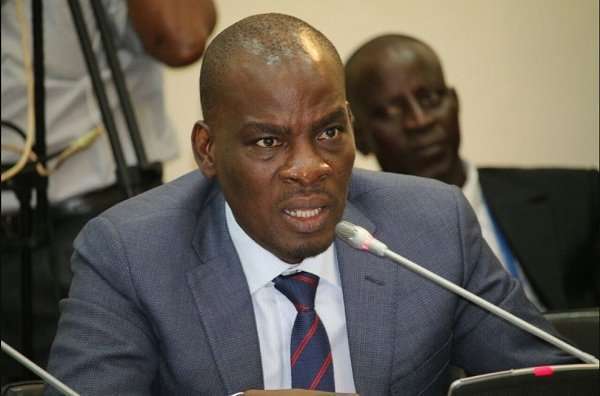adverts
The Minister of Education, Haruna Iddrisu, has called for urgent and collective action to address systemic barriers preventing marginalised groups in Ghana, including girls, children, and persons with disabilities, from accessing quality education.
Speaking to the media on the measures needed to make education accessible for all, the minister reaffirmed the government’s unwavering commitment to ensuring inclusive and equitable education.
“Education is a transformative tool, but historical inequalities and entrenched systems continue to marginalise vulnerable populations,” Haruna Iddrisu stated. “Addressing these challenges requires strong partnerships. The government, private sector, international organisations, and communities must unite to dismantle the systemic barriers that persist.”
adverts
The minister cited the Convention on the Rights of the Child, adopted in 1989, as a global framework for ensuring every child’s right to education. He underscored Ghana’s dedication to this cause, with a focus on access, relevance, and quality in education, particularly at the higher education level.
“The Convention on the Rights of the Child stipulates that countries shall make higher education accessible to all. In Ghana, we emphasise access, relevance, and quality to meet this objective,” the minister reiterated.
Haruna Iddrisu also linked education to the broader objectives of the United Nations’ Sustainable Development Goals (SDGs), noting that education is fundamental to achieving all 17 goals outlined in Agenda 2030.
“When the UN adopted Agenda 2030 in September 2015, the international community recognised that education is essential for the success of all 17 SDGs. Ghana subscribes fully to this position,” he explained.
The minister stressed that achieving these goals requires a unified effort to tackle the systemic challenges faced by marginalised groups. He emphasised that the government is focused on creating an inclusive education system that ensures no one is left behind.
“The promise we made is clear: we must ensure that all children, regardless of gender, ability, or socioeconomic background, have equal access to quality education,” Haruna Iddrisu said.
The minister concluded by urging all stakeholders, including the private sector and civil society, to join the government in its efforts to create a more equitable education system that empowers every individual to thrive and contribute to national development.


